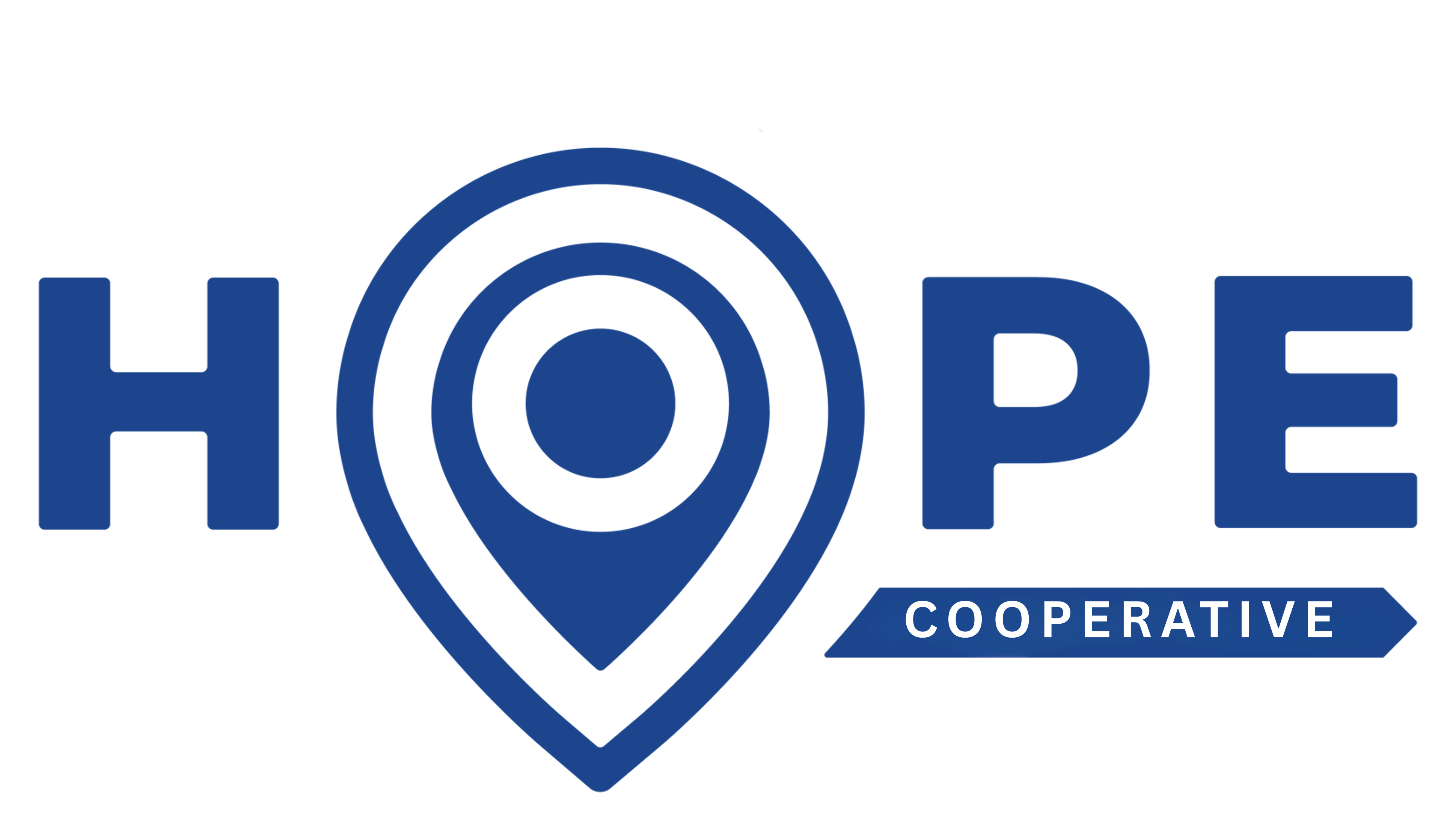Stigma Reduction Campaign
According to the Merriam-Webster dictionary, stigma is “a set of negative and unfair beliefs that a society or group of people have about something.”
A perceived sense of stigma regarding substance-use disorders (SUDs) or mental health conditions can keep an individual from reaching out to friends or professionals due to fear of rejection or judgement.
However, the Hope Cooperative aims to spread the message that addiction is a disease. Mental health care is important for everyone. Asking for help does not indicate weakness. Recovery is not only possible- it is probable.
Together, we work towards creating a more hopeful community.

Rural Mental Health
What is Addiction?
Word Choice and Stigma
Research has shown that the words we use to describe substance use disorders (SUD) have a significant impact on those struggling with addiction and how they are treated.
Addiction Policy Forum’s three minute video explains why five commonly used addiction terms need to be erased from your vocabulary, and offers suggestions for what to say instead.
Whirlpools of Risk
Learn about how substance use disorders (SUDs) affect tissue function in two main parts of the brain: the limbic system (responsible for basic survival instincts) and the prefrontal cortex (where decision-making and impulse control live).
The good news – SUDs are preventable and treatable, and brain scans show that once an individual is in recovery, brain tissue can get better.
The concept of “rock bottom” can help people describe their experience of recovery from addiction by turning it into a narrative with a clear event that helped turn their life around. But the idea that we should wait for the disease to get worse before seeking treatment is dangerous.
Substance use disorders get worse over time. The earlier treatment starts the better the chances for long-term recovery. If you or a loved one is struggling, don’t wait—reach out for help.
The videos above were produced by the Addiction Policy Forum.
